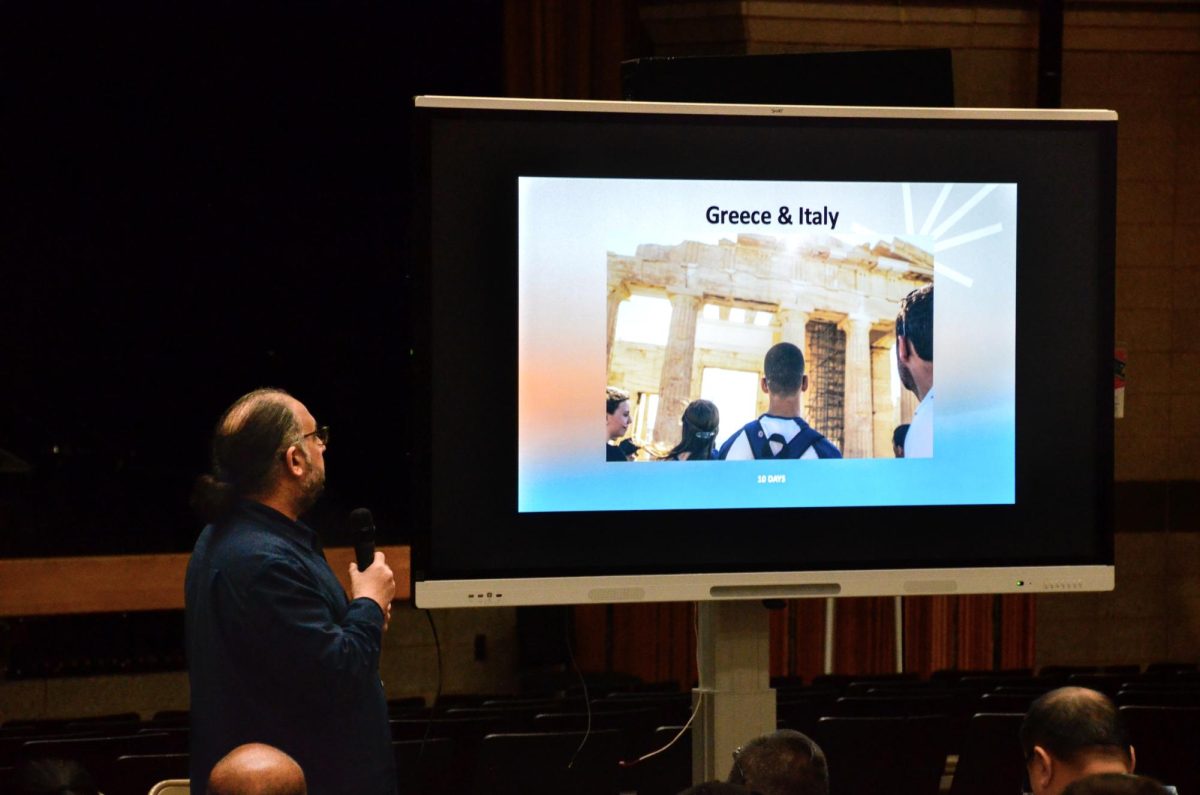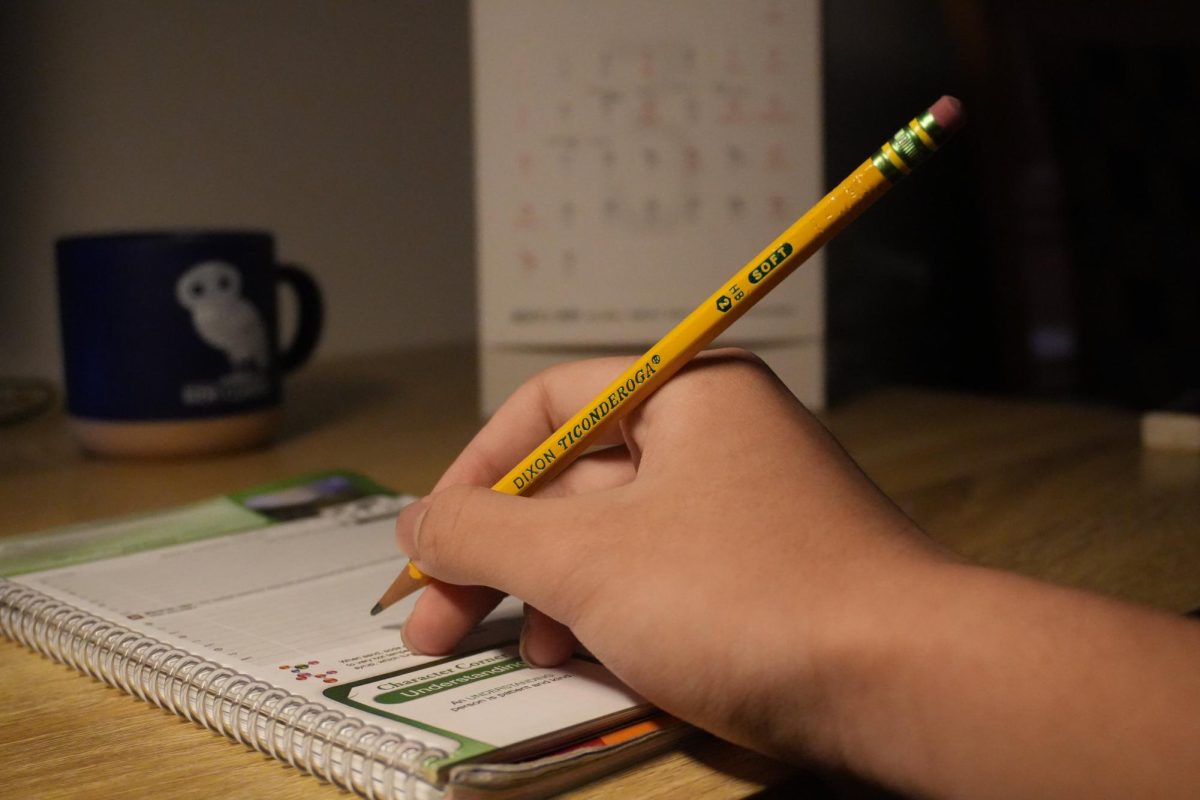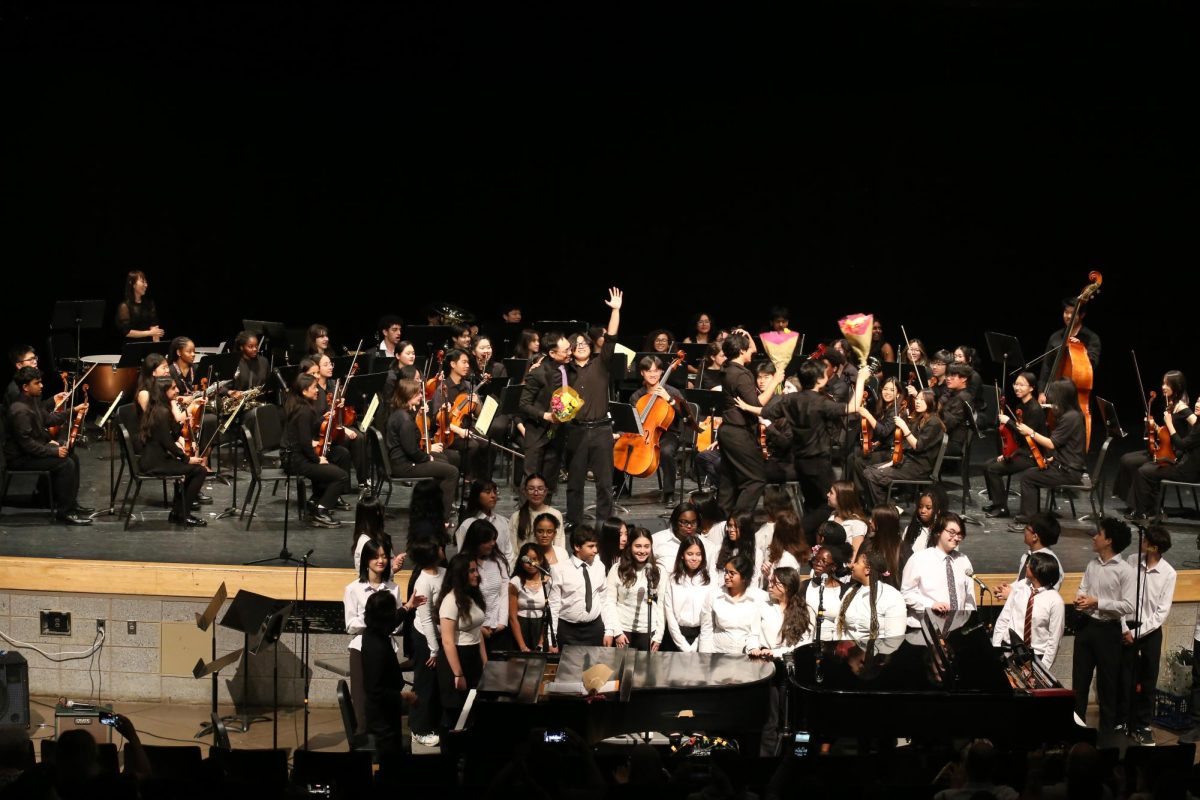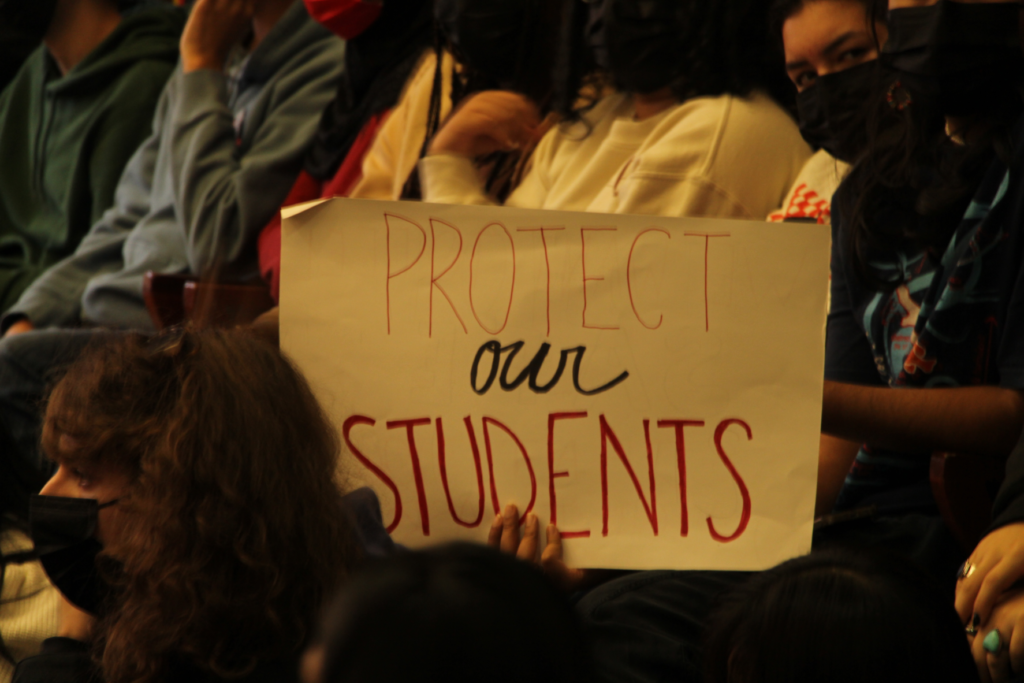
Every year, all New York City government employees are mandated to complete Sexual Harassment Prevention Training. However, in 2022, the NYC Department of Education (DOE) had an alarmingly low completion rate of only 62%. This completion rate was one of the lowest among the 77 agencies included in the report, second only to the Bronx County Public Administrator. In contrast, most agencies, such as the Office of The Actuary and the Department of Sanitation, achieved a 100% completion rate, which should be expected for a training that is labeled as “mandatory.”
Local Law 92 of 2018 requires that “The head of each agency, in consultation with the department, shall ensure that each employee of such agency receives anti-sexual harassment interactive training annually.”
In a statement, DOE spokesperson Jenna Lyle said “Ensuring all New York City Public Schools and supporting offices remain safe, welcoming, and affirming environments for students and staff alike is our top priority.”
The DOE told The Classic that it has worked to improve the completion rate for the 2022-2023 school year by holding virtual trainings for school and field offices to boost participation rates. They also worked with The Department of Citywide Administrative Services (DCAS) to ensure that all staff members can take the training without having to be on a school computer, and they requested that DCAS send out new training links and reminders to those who did not complete the training on time.”
Although these new measures seem promising, the previous failure of the city to enforce the completion of the training is deeply concerning. However, it becomes even more unsettling when we consider the lack of specialized training for teachers. The mandated training focuses on generic workplace interactions between adults, but students are part of a teacher’s workplace. In fact, teachers might interact with students more regularly than they do with adults.
The responsibilities and interactions involved in teaching and nurturing students differ significantly from those in other city agencies. Therefore, it is illogical to provide harassment training without tailoring it to the specific needs and challenges faced by teachers in their day-to-day work.
One scenario given in a model training on the New York State website says “While sharing a meal before the dinner rush, her manager John asks her if she has a boyfriend. June tells John that she would prefer not to talk about her personal life at work. He nods and changes the subject. June’s manager asked her a personal question that made her uncomfortable. Was this sexual harassment?” While it is still important that teachers are informed on how to react in situations like this with other adults, it is equally if not more important to provide specific guidance on how teachers should handle interactions with students, particularly in high schools. Should a teacher discuss a boyfriend with a student? When is it okay, and when is it not okay? What makes these situations different in a different context? There are actually no scenarios in the training that address even general adult-to-minor encounters let alone the unique dynamics of the teacher-to-student relationship.
There are many more such scenarios that are unique to school situations. For instance, what constitutes appropriate communication with students outside of school hours? When is it acceptable to provide a student with a personal phone number? Is it ever appropriate to offer gifts to students? The situations are endless.
Regarding a need for specialized training, Ms. Lyle told The Classic that all school staff members are provided with annual notice of Chancellor’s Regulation A-830 and they are required to follow the rules found there that define expectations for appropriate behavior by staff towards students. “Further,” Ms. Lyle said, “every school has at least one Respect for All Liaison and Sexual Harassment Prevention Liaison who are both required to complete discrimination trainings, which cover sexual harassment.”
However, while there may already be rules in place for maintaining appropriate behavior towards students, there isn’t the same kind of training as the required training offered about harassment in the workplace between adults. There are also already rules for workplace sexual harassment, but the point of the law requiring the training is to show workers all the different scenarios where the rules can be applied to better educate them. If the answers to questions about certain interactions in a school setting are ambiguous and can be subject to each teacher’s interpretation, then the wellbeing of students is put at risk.
It may be argued that it would be wasteful investing additional resources into an issue that should be “self-explanatory” for teachers: don’t engage in inappropriate relationships with students. Nonetheless, the status quo has not been working.
The experiences of Townsend Harris High School students serve as a powerful testament to the urgent need for action. Just recent years, The Classic (and other newspapers) have reported on investigations into teacher sexual misconduct at our school. These incidents have left not only a lasting impact on the lives of the victims, but extend far beyond the immediate individuals involved. It affects the entire student body, creating an atmosphere of fear, mistrust, and vulnerability. Students should not have to worry about their safety or question the intentions of their educators.
As it stands, according to the 2022 data, many teachers are not even completing the existing required training on adult-to-adult interactions. Hopefully, the completion rate improves from 2022 to 2023 given the measures outlined by the DOE, serving as a tangible measure of the DOE’s commitment to fulfilling their promises and ensuring the safety of students and staff. However, more needs to be done.
Following last year’s series of articles, Townsend Harris students met with UFT representatives. In response, the DOE revealed that “they are working on making changes to DOE policy.” The Classic has long argued for greater training about educator misconduct. There should be a 100% completion rate by city educators for government-mandated training about workplace harassment, but there should be additional mandated training concerning teacher-to-student interactions to better protect students as well.




























